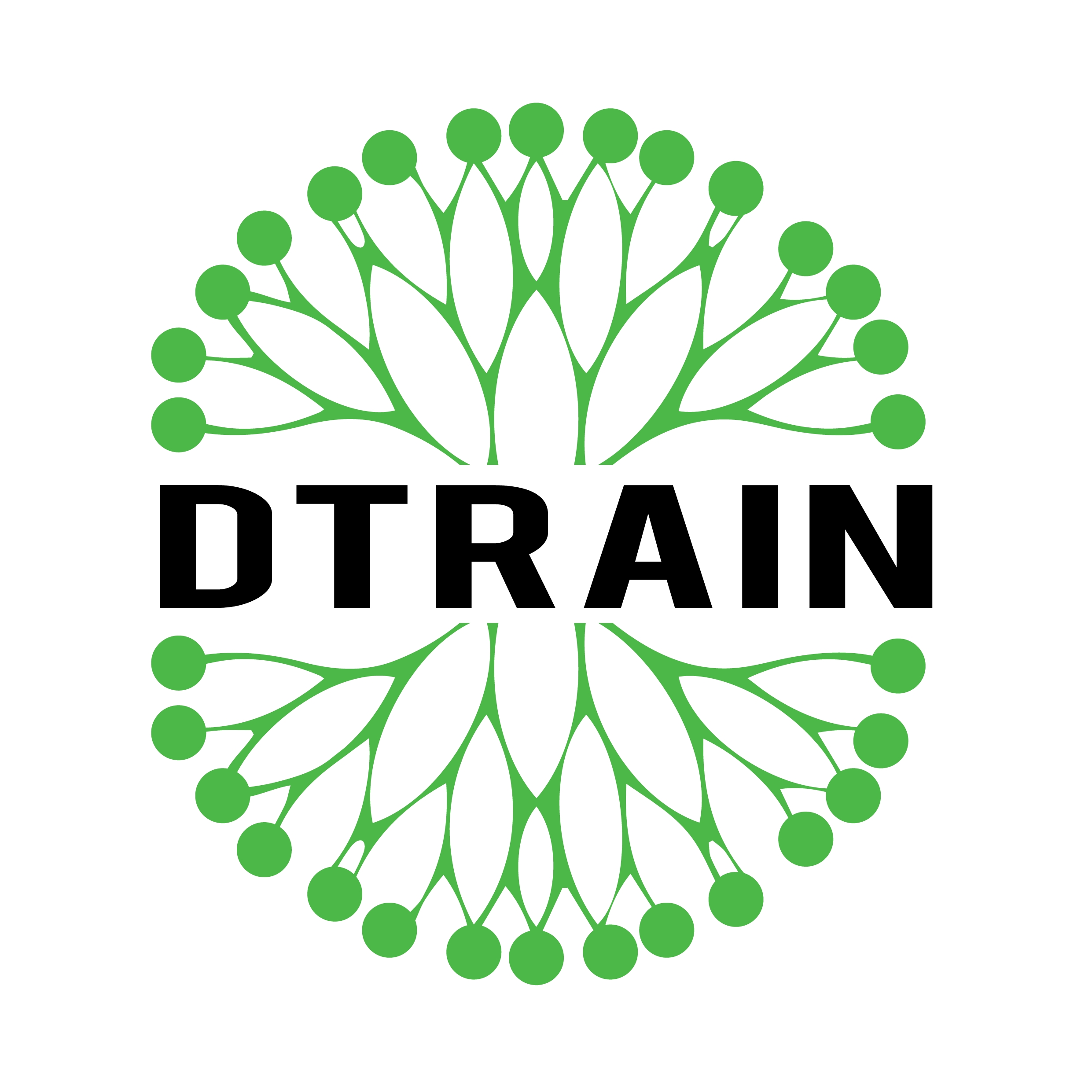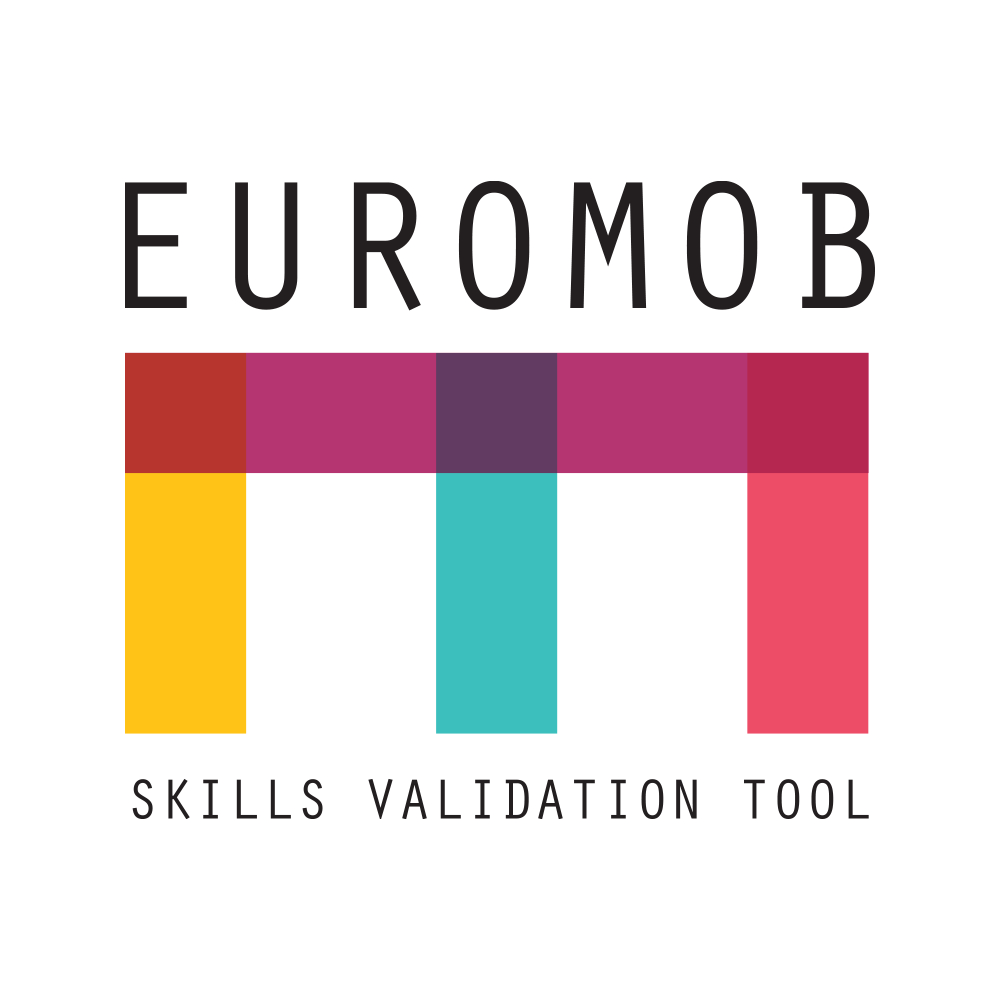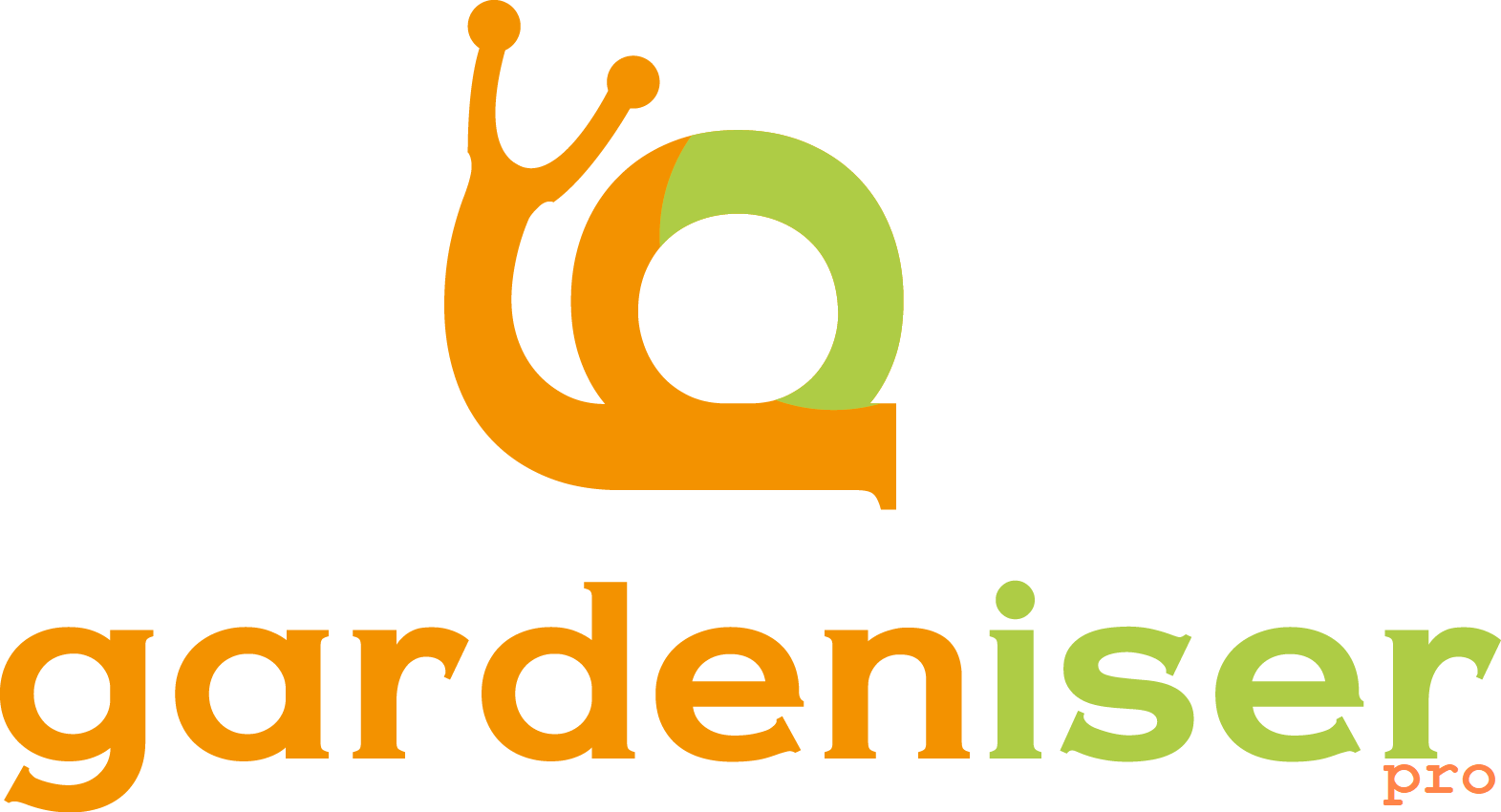VET systems in Europe, are facing challenges due to the fast-changing skill needs of the labor market, and to the expectations of individuals. The “shelf-life” of skills is becoming increasingly short. VET qualifications need to meet the highest quality standards and can be built on, refreshed and renewed, in order to maintain their relevance in these rapidly changing economies.
The shift focusing on learning outcomes is an important facilitator of change. The identification of the specific “Learning Outcomes”, is the core of the European credit system for VET (ECVET) for promoting transfer and accumulation of skills and competences across Europe.
According to the “Defining, writing and applying learning outcomes” of CEDEFOP, 2017, “the Learning-outcomes-based frameworks, of what a learner is expected to know, be able to do and understand at the end of a learning procedure, play an increasingly important role in efforts to improve the quality and relevance of education and training in Europe”. Learning outcomes statements help to clarify programs and qualifications intentions and make it easier for those involved – learners, teachers or assessors – to work towards these expectations. The increased transparency offered, provides an important reference point for policy-makers, making it easier to judge the match between society’s needs and the programs and qualifications offered within education and training.
Learning outcomes for different purposes
Learning outcomes statements are used in the process of qualification of professional profiles, setting qualification Frameworks for a wide range of purposes,
Qualification profiles and/or standards
A “professional Profile”, is the formal outcome of the assessment and validation process of achieved Learning outcomes, that have been grouped in Units each one representing a specific qualification. Therefore, each “professional Profile”, consists of a specific number of “of learning UNITS’, each one a “qualification”. The acquisition of each of the qualifications nationally or internationally is validated with the help of ECVET, through the assessment of the achieved learning outcomes of each learning UNIT.
Qualification standards define the expected outcomes of the learning process, leading to the award of a full or partial qualification. In vocational education and training, profiles or standards normally answer questions such as ‘what does the student need to learn to be effective in employment’ and ‘what does the learner need to learn to become an active citizen, supporting basic human and democratic values?’
A qualification standard is not exclusively about promoting skills relevant to the labor market but must address a broader set of competencies relevant to life and society in general. It must also consider the changing nature of the labor market and society and clarify the role of transversal skills and competences, for example, related to communication, social skill and problem-solving.
Qualification Frameworks
Qualifications frameworks play an increasingly important role in international, national and sector level in Europe. Learning-outcomes-based frameworks seek to increase transparency and allow for a comparison of qualifications across institutional and national borders.
A qualifications framework classifies qualifications according to a set of criteria for specified levels of learning achieved. It aims to integrate and coordinate qualifications, as well as improve the transparency, accessibility, and quality of qualifications in relation to the labor market, education, and training system, and civil society. (The European Qualification Framework February 2018)
Occupational standards
Occupational profiles or standards (5) are normally set outside the education and training system, by labor market stakeholders, but can have a significant impact on the way learning outcomes statements are defined and written.
Occupational profiles of standards specify ‘the main jobs that people do’, describing the professional tasks and activities as well as the competences typical of an occupation
Use of Learning Outcomes in the Gardeniser qualification
Urban Gardening is more than just planting a seed and watching it grow. It’s about growing communities, training new leaders, feeding the hungry and homeless, establishing farmers’ markets and working with youths and adults through gardening.” In the “Gardeniser Pro” project, a “qualification profile” based on a Learning outcomes-based course has been the outcome of the assessment of specific learning outcomes that a learner has acquired after attending the course. The course is structured on an interdisciplinary basis, where plural backgrounds are essential (e.g., agronomy, urban planning, social mediation, economy, communication), linked to 21 Learning Units that are grouped under three modules of training. Additionally, there is a work-based training period in the form of an internship. Every Learning Unit has been credited ECVET points, summing up to seven ECVET points for the whole course which has a duration of 40 hours including the internship.
Περισσότερες πληροφορίες για την εξέλιξη του προγράμματος στην ιστοσελίδα του Ευρωπαϊκού Κέντρου Κατάρτισης για την Απασχόληση (ECTE) (ecte.gr), μέσω email στο info@ecte.gr και στο Facebook (https://www.facebook.com/ecte.european/)
![]()
![]()






 The report also points out that learners at risk, not participating in distance education, disconnect for a longer period and may eventually drop out of their VET programme.
The report also points out that learners at risk, not participating in distance education, disconnect for a longer period and may eventually drop out of their VET programme.